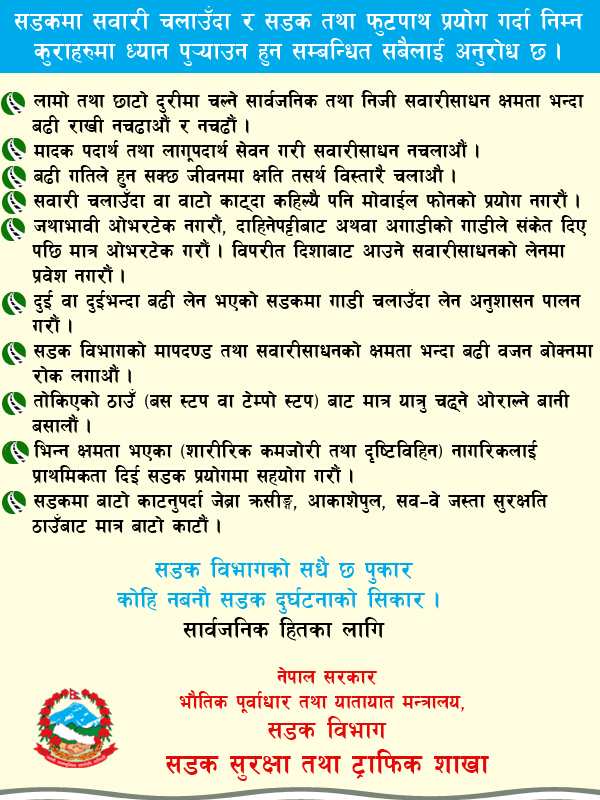SHANGHAI – Chinese regulators hit e-commerce giant Alibaba with a record 18.2 billion yuan ($2.78 billion) fine on Saturday over practices deemed to be an abuse of the company’s dominant market position.
The State Administration for Market Regulation said it assessed the fine after concluding an investigation into Alibaba that began in December.
The investigation and fine centred on Alibaba’s practice of requiring that merchants who wish to sell their wares on its popular platforms do so exclusively, avoiding rival e-commerce sites.
“Since 2015, Alibaba Group has abused its dominant position in the market” to gain an unfair advantage via the exclusivity requirement, the regulator said.
Such behaviour restricted competition and innovation in the sector and violated the rights and interests of businesses and consumers, it added.
The fine was a record and nearly three times the almost $1 billion levied against Qualcomm in 2015, Bloomberg said.
The size of the penalty was determined after the watchdog — which monitors market competition and guards against monopolistic behaviour — decided to fine Alibaba four percent of its 2019 sales of 455.7 billion yuan.
Alibaba issued a brief statement on an official social media account saying “We sincerely accept this punishment and will firmly comply.”
It also pledged to bring its operations in line with regulations, build a compliance system “and better fulfil our social responsibilities.”
– Tech giants under scrutiny –
Alibaba and other leading Chinese tech companies, with their hundreds of millions of regular users, have come under pressure amid growing concern over their heavy influence in China, where tech-savvy consumers use leading platforms to communicate, shop, pay bills, book taxis, take out loans and perform a range of other daily tasks.
Alibaba in particular has been under scrutiny after co-founder Jack Ma publicly criticised Chinese regulators in October as being stuck in the past after they expressed growing concern over the push into online lending, wealth management and insurance by Alibaba’s financial arm, Ant Group.
China has been seeking to rein in runaway personal debt and chaotic lending, and upstart Ant’s growing profile — and Ma’s rare public criticism — have been widely viewed as a challenge to the country’s state-dominated financial sphere.
E-commerce giants Alibaba and JD.com, along with messaging-and-gaming colossus Tencent, have feasted on growing Chinese digital lifestyles and a government ban on major US competitors in the domestic market to become some of the world’s most valuable businesses.
But besides the forays into financial products, there have been accusations that powerful platforms squeeze merchants and misuse consumer data, in a domestic reflection of the growing global unease with the clout now wielded by Big Tech that has Facebook, Google and others also facing scrutiny at home and abroad.
Even before Saturday’s announcement, the Chinese crackdown had alredy cost Alibaba and Ma dearly.
A planned record-shattering $35 billion Hong Kong-Shanghai IPO by Ant Group, which would have added to Ma’s already massive wealth, was abruptly shelved.
Ma subsequently disappeared from public view for weeks, and Ant Group was ordered by regulators to return to its roots as an online payment services provider, and shares of major tech players have suffered as scrutiny of major tech platforms intensified.
The Wall Street Journal reported last month that Alibaba was also being pushed to shed wide-ranging media assets, including a potential sale of Hong Kong’s South China Morning Post. (AFP)

























